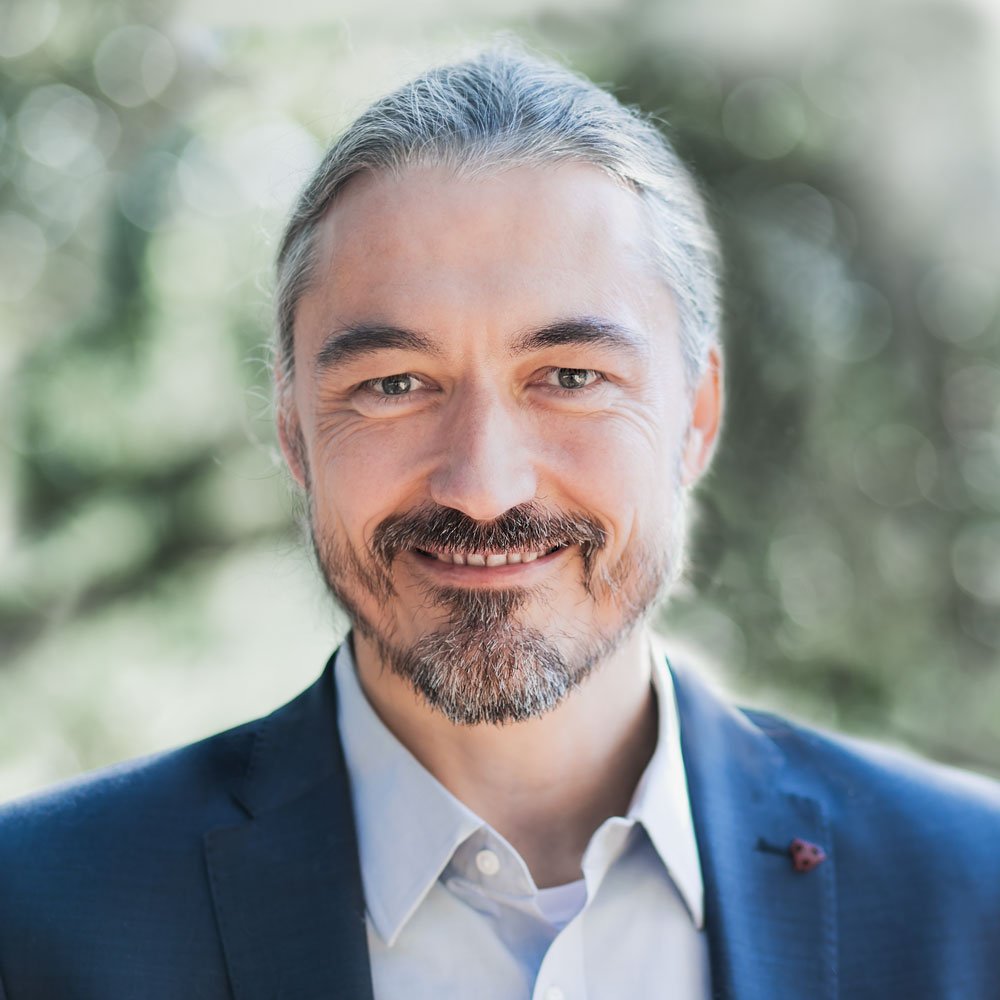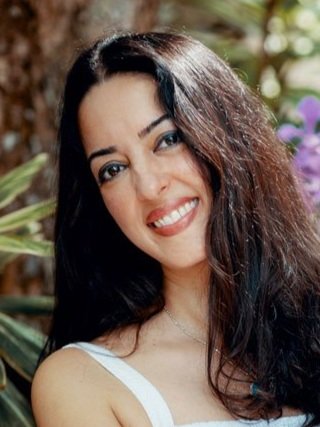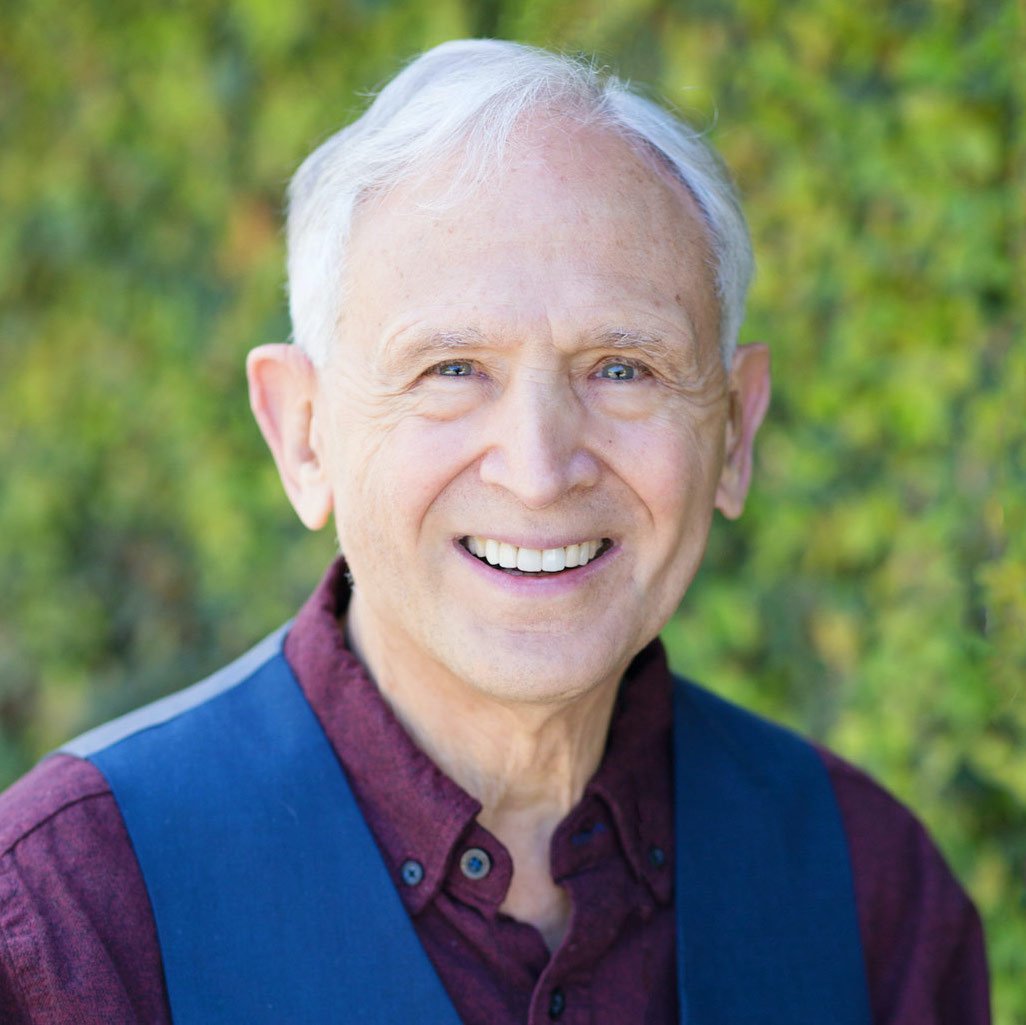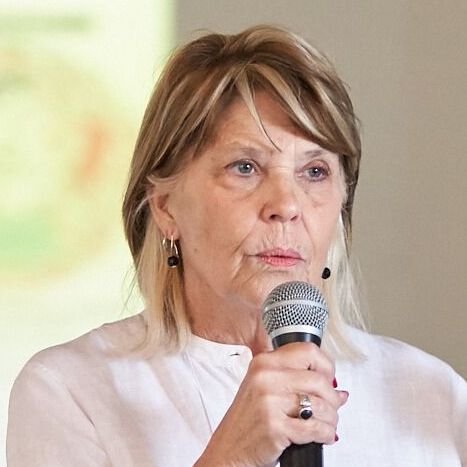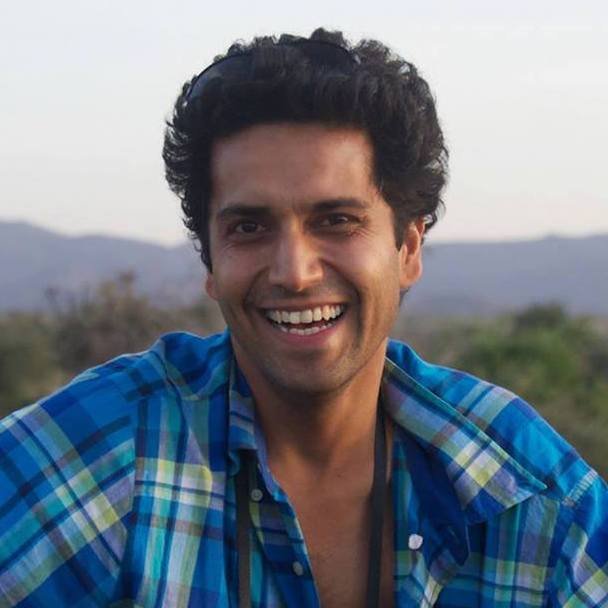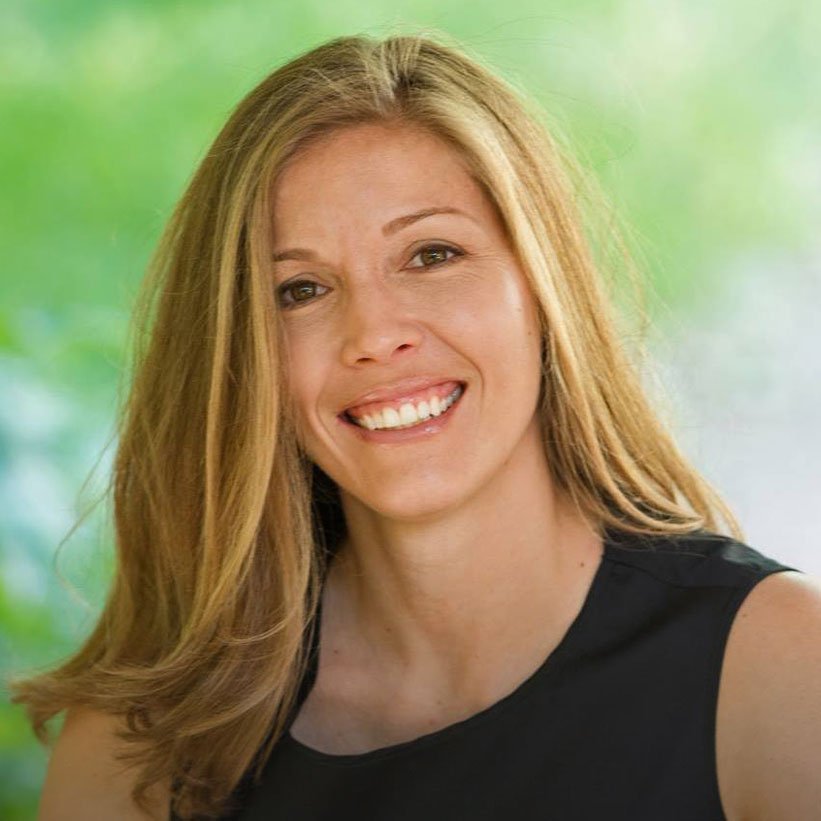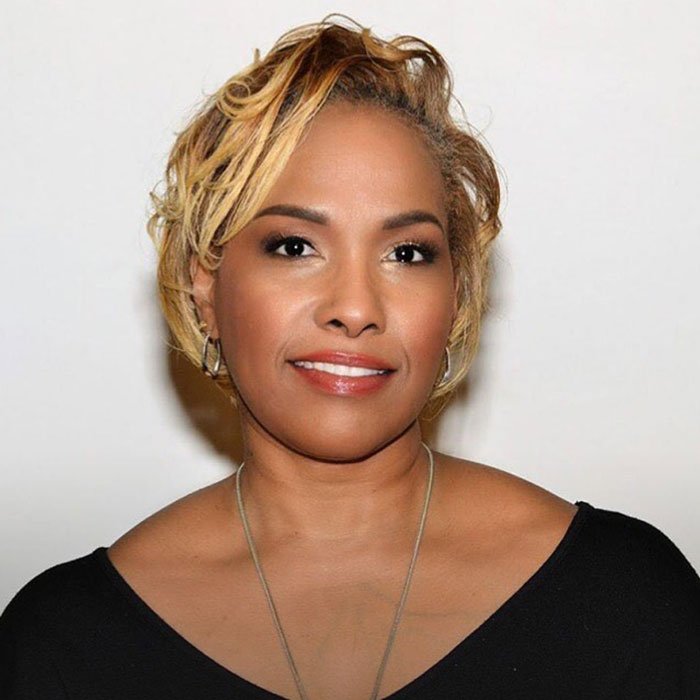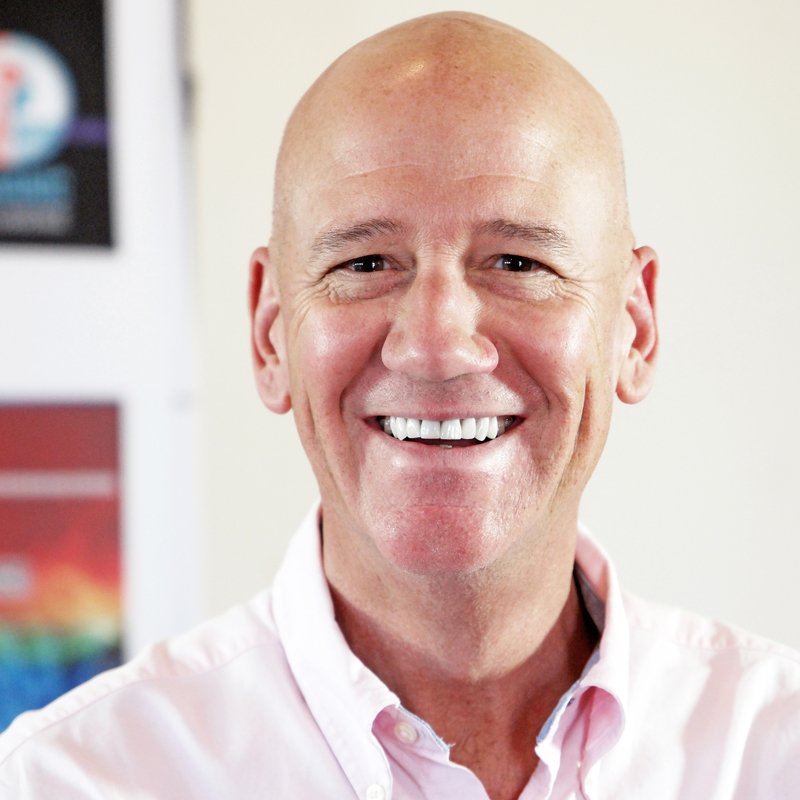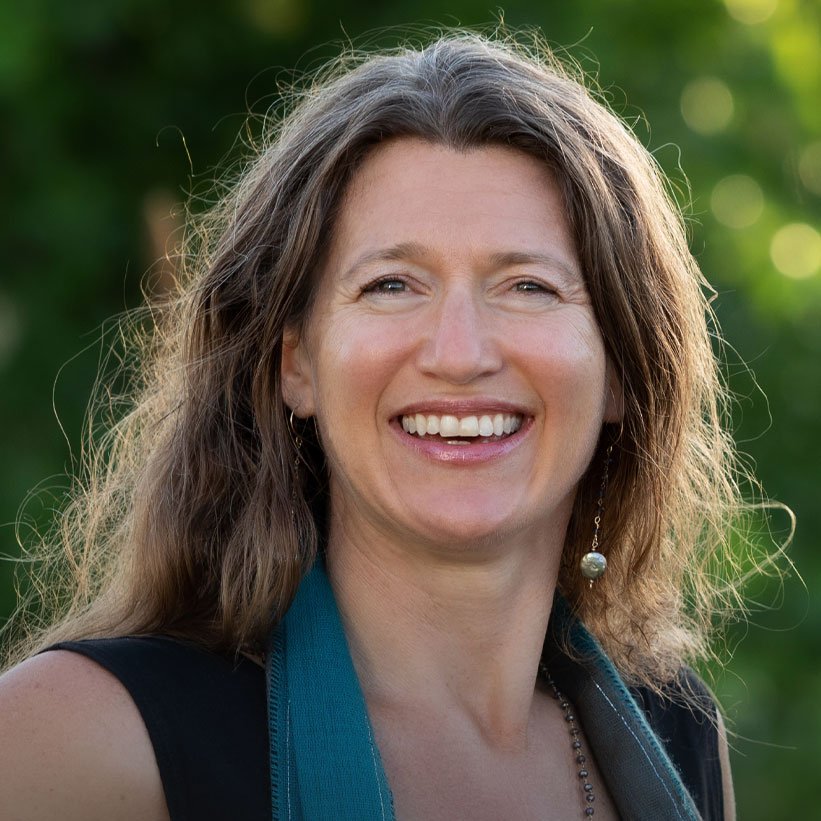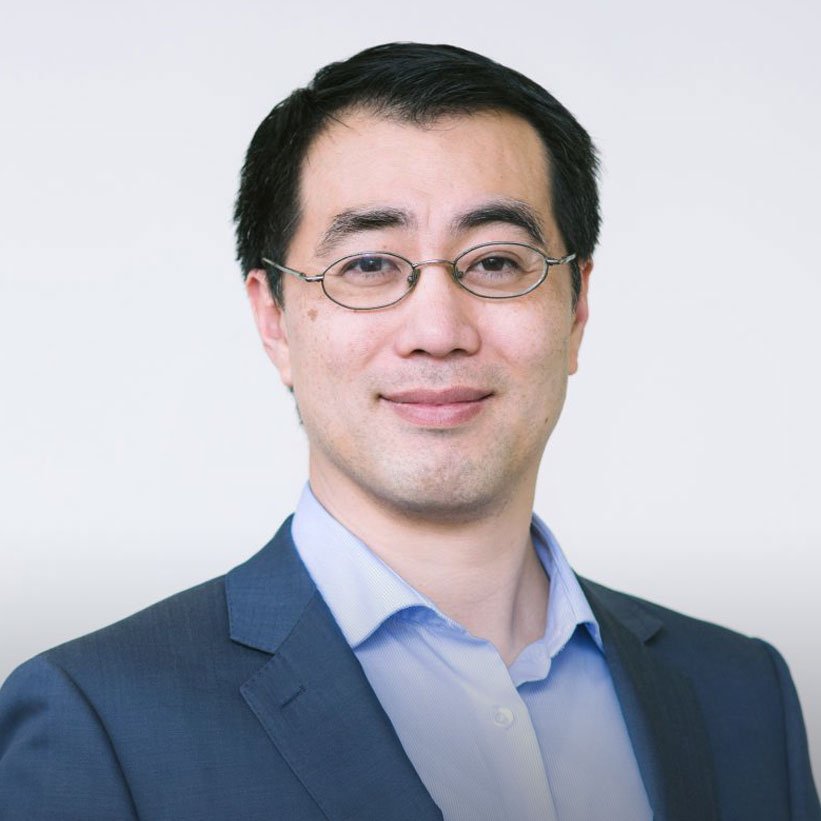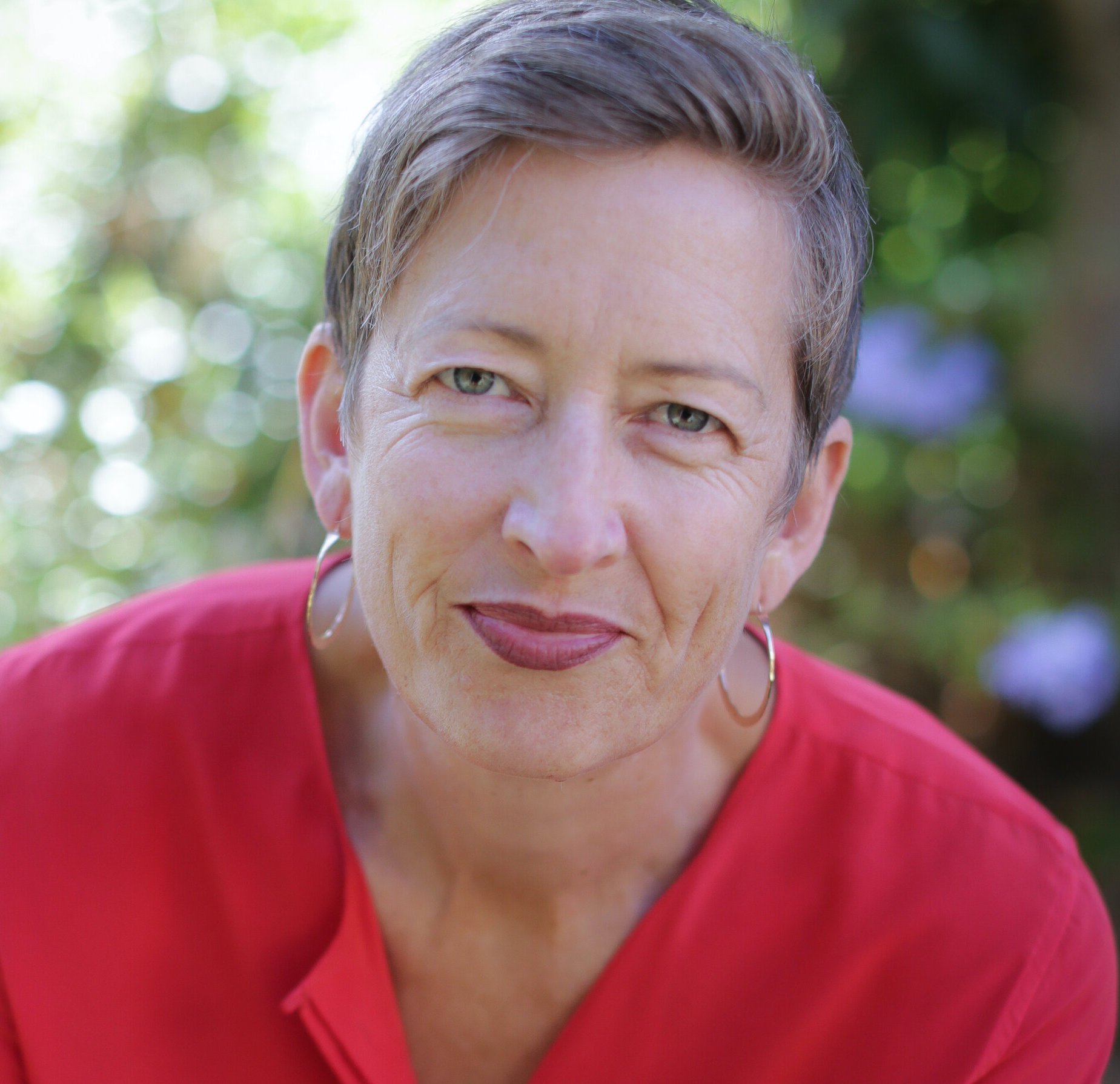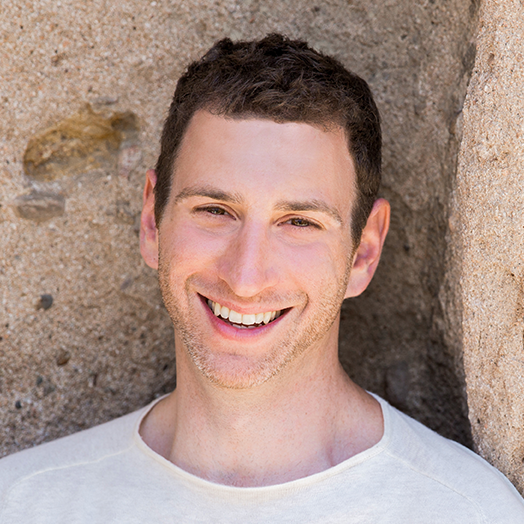WEEKEND SUMMIT
2022 Somatic Trauma Healing Summit
with Dr. Peter Levine, Thomas Hübl, Jan Winhall, Dr. Albert Wong, Steve Hoskinson, Dr. Arielle Schwartz, Staci Haines, Lisa Dion, Dr. Angela Grayson, Dr. Ameet Aggarwal, Zeeba Khan, Kai Cheng Thom and Dr. Scott Lyons
This two-day summit can be attended via the on-demand recordings.
All Embody Lab Members automatically have lifetime access to the recordings.
LEARN MORE ABOUT YOUR MEMBERSHIP BENEFITS HERE
ABOUT THIS SUMMIT
Empower your healing journey and learn to access your internal body wisdom, release the binds of trauma, and build resilience for yourself and others.
Gather with us online for our “Somatic Trauma Healing Summit” with internationally recognized leaders in somatic-based approaches to trauma healing and recovery.
While traditional therapy focuses on verbal processing and cognitive meaning making, a somatic approach to healing trauma invites the individual into the wisdom of their body as the intuitive place of healing and well-being. Somatic Trauma Healing offers a paradigm shift, situating the individual as the expert of their own journey of healing, transformation, and wellbeing.
Our Somatic Trauma Healing Summit blends traditional wisdom and embodiment practices with contemporary neuroscience and psychology, supporting healing and transformation while working with every aspect of an individual— psychologically, psychically, spiritually, energetically, socially, and environmentally.
Dr. Peter Levine, creator of Somatic Experiencing says “Trauma is a fact of life. It does not have to be a life sentence.” In this Summit we will explore foundational tools of healing trauma from an embodied perspective to support the healing and transformation of trauma.
Based on the foundational principle that healing and integration happens through our bodies' primal language of movement, breath, and sensation, the Somatic Trauma Healing Summit will explore a variety of somatic-based approaches to heal, and restore well-being for yourself and others.
This summit’s world-leading embodiment experts include:
Get lifetime access to the full 2-day summit!
ONE TIME PURCHASE OF $134.00
FREE FOR MEMBERS! Included in your Online Content Library
2-DAY SUMMIT SCHEDULE
This two-day summit consists of 11 online classes.
Members of The Embody Lab will be able to access these recordings in their On-Demand Content Library.
DAY ONE
Dr. Scott Lyons
Opening and Meditation
A 30-MINUTE EXPERIENTIAL SESSION
Kai Cheng Thom
Reclaiming Intimacy: Healing Trauma through Pleasure
A 75-MINUTE EXPERIENTIAL SESSION
What if pleasure was the secret key to trauma healing and social transformation all along? Are you ready to reclaim your birthright - the embodied experience of joy, delight, and wonder?
Join Kai Cheng Thom, MSW, MSc, Certified Coach and Adjunct Faculty at the Institute for the Study of Somatic Sex Education for an experiential dive into what happens when the body says "YES." In this session Kai will take you on a personal and collective journey into how we can safely and soulfully access pleasure in order to create change on the personal, collective, and spiritual levels.
Jan Winhall
Revolutionizing Addiction Treatment with The Felt Sense Polyvagal Model™
A 75-MINUTE EXPERIENTIAL SESSION
Our current model of understanding addiction as a brain disease is failing. Rates are soaring and people are dying in the streets. We desperately need a fresh approach. One that addresses addiction and other trauma responses where they live, in the body. In this workshop we will explore the intersection of trauma and addiction and how to address both with an embodied approach.
The Felt Sense Polyvagal Model™ (FSPM) shifts the current pathologizing paradigm to a strength-based approach. Through the lens of Stephen Porges’ Polyvagal theory, addiction is seen as an adaptive stress response in our autonomic nervous system. Addictive behaviors are the bodies attempt to emotionally regulate by acting as propellers that facilitate neurophysiological shifts in our nervous system.
The model integrates Porges Polyvagal theory and Gendlin’s Felt Sense Focusing Oriented Psychotherapy enabling us to appreciate trauma/addictive behaviors as adapative responses in maladaptive environments. The FSPM provides a generic framework that can support any therapeutic modality.
The workshop will present an introduction to my book Treating Trauma and Addiction with the Felt Sense Polyvagal Model, Routledge, 2021. Included is a description of the FSPM theoretical framework, an introduction to The Embodied Assessment and Treatment Tool™ and Carnes Three Circle Practice, a tool for working with addiction. Participants will also learn about Gendlin’s Focusing/Felt Sense practice. A mixture of didactic information, experiential practices, and case examples will guide the clinician in applying the model.
Participants are asked to download Bodycards, the Felt Sense Polyvagal Model, the Three Circles, and The Embodied Assessment and Treatment tool™ (EATT™) from janwinhall.com.
https://janwinhall.com/product/eatt-embodied-assessment-treatment-tool/
Dr. Albert Wong
Healing Trauma: From Fragmentation to Embodiment
A 75-MINUTE EXPERIENTIAL SESSION
In this educational workshop, Dr. Albert Wong, outlines the mechanism of trauma and illustrates how we can move from the fragmented aftermath of trauma back home into an integrated, embodied self. Trauma therapy from an embodied perspective invites us to reconnect with the oft-forgotten “felt sense” of the body and use the wisdom of the body to help guide a client from fragmentation to integration. This class will share some of the underlying principles of trauma therapy from an embodiment lens, including tools we can use with our clients, ourselves, and those we love.
Dr. Arielle Schwartz
Embodied Healing: Applying the Principles of Polyvagal Theory for Trauma Recovery, Healing and Meaningful Change
A 75-MINUTE EXPERIENTIAL SESSION
By definition, trauma refers to any event that overwhelms our capacity to mentally, emotionally, and physically cope with or process the experience. Trauma survivors are often flooded by intrusive sensations or emotions and as a result can become hypervigilant to their surrounds, avoid places that remind them of their experiences, suffer from panic or want to shut down with fatigue and depression. Interventions that focus on telling the story about your experience or distressing events from the past are often insufficient to facilitate trauma recovery. Since these symptoms are as much physical as they are psychological, we need body-centered interventions to rebalance the body and mind. Without interventions that incorporate somatic awareness and movement, many therapeutic approaches are limited in their ability help clients fully release the impact of traumatic events. In other words, we cannot simply think our way out of traumatic activation.
Applying the principles of Polyvagal Theory through the practice of yoga is one such path to healing. Yoga offers tools to address these physiological imbalances through practices that allow clients to sense their body, change how they breathe, move stuck energy, and rest into stillness. Through the lens of interpersonal biology, polyvagal theory, and somatic psychology, you will explore the physiological repercussions of stressful or traumatic events.
At its core, therapeutic yoga bridges a path of healing between the psyche and the body. Dr. Arielle Schwartz brings over twenty years of experience as a trained somatic psychotherapist, trauma treatment expert, and yoga instructor. Within this experiential master class, you will learn to fine-tune mental and physical health with breath, movement, and awareness practices.
Zeeba Khan
Ayurveda to Heal and Prevent Trauma-Related Illness
A 75 MINUTE EXPERIENTIAL SESSION
Ayurveda is a personalized approach to health and wellness. Zeeba says that although her clients usually come to her because of physical ailments, her approach and focus goes beyond their physical body, and deeper into their emotional, mental, and spiritual bodies to identify the root cause, trauma, and underlying factors impacting their health issues.
Using a multi-dimensional approach, the science of Ayurveda addresses all four of these bodies to both treat and prevent disease. In this workshop Zeeba will focus on health care (rather than sick care), diet and nutrition, supplements, physical movement, spiritual practice (meditation and/or prayer), sleep, stress management, relationships, and life purpose… and how Ayurveda can be a tool of prevention and healing.
DAY TWO
Dr. Ameet Aggarwal
Family Constellations, Homeopathy & Beliefs Healing in Mental Health
A 75 MINUTE EXPERIENTIAL SESSION
Mental health has multiple causes, and a holistic approach of the mind and body are needed.
In this session, we will explore:
Healing family entanglements and generational trauma using family constellations therapy.
Using homeopathy and Bach flowers for the energetic release of trauma
Resolving negative beliefs around emotions and vulnerability, giving your nervous system a chance to settle into self acceptance and safety.
Gut, liver and adrenal health relations to mental health and trauma.
Steve Hoskinson
Organic Intelligence® and Post-Trauma Growth
A 75-MINUTE EXPERIENTIAL SESSION
A paradigm is emerging besides Fight/Flight/Freeze & Fawn. Post-Trauma Growth arises in the “window of enjoyment”. The science is clear: connection and growth comes through pleasure. In this experiential workshop we’ll learn the science of a simple, but tectonic shift to biology in its natural ecosystem: positive reinforcement. Founded in the neuroscience of large-scale brain networks, simple practices catalyze embodiment by understanding the brain’s role in bridging inside and outside. This interconnection allows mapping and the brain’s primary function: being ready for what’s next. Rather than sensing inside (interoception), the prerequisite skill is connecting outside — “Orientation” to the environment through the senses. A reassessment of dominant somatic tools for trauma will be offered.
Lisa Dion
Emotional Regulation in the Playroom
A 75-MINUTE EXPERIENTIAL SESSION
What is emotional regulation, how does co-regulation occur and how can we become the external regulator for others?
As neuroscience continues to reveal the importance of developing greater and greater capacities for emotional regulation, it is essential that clinicians understand what emotional regulation really is and how to develop it within the children they work with. This session with Lisa Dion is a discussion designed to help clinicians understand exactly what regulation is and is not, how co-regulation occurs and what it takes to become the external regulator in the relationship
Dr Angela Grayson
Movement and Music as Somatic Catalyst for Healing Trauma
A 75-MINUTE EXPERIENTIAL SESSION
Movement is our first language and means of communication. While we were in the womb we grew, stretched and moved about according to internal and external stimuli. During our time together we will explore how movement and music serve as a catalyst for healing trauma, how regulating our internal and external stimuli helps with cognitive restructuring and how incorporating a theme song fosters healing emotionally, mentally, spiritually and physically.
Dr. Scott Lyons
The intersection of Somatic Attachment Therapy and Trauma Healing
A 75 MINUTE EXPERIENTIAL SESSION
Somatic Attachment therapy involves the way in which a person forms intimate bonds with themselves (embodiment), with other people, and the environment. These bonds form the supportive foundation to be adaptive, learn and grow from new experiences, and flourish in one's goals and relationships. When there has been a consistent presence and the felt sense of connection and safety this forms a secure relational attachment. A secure attachment provides an intrinsic feeling of safety, acceptance, and belonging; it becomes the bedrock, or foundational experience, from which a person can more easily grow and thrive.
However, when there has been an absence or interruption of that bond, an insecure attachment forms. This attachment trauma is wired into the nervous system in the form of our responses and reactivity to our environment and particularly our relationships within it . And we carry this pain throughout life. The adaptive strategies we form in response shapes our capacity to regulate our nervous system and emotional states. It also informs the way we interpret incoming information, and how we come to understand ourselves, the world around us, and the relationships we have. In other words, our early attachment experience is acting itself out in our daily life, replaying in our relationships, our jobs, how we respond to stress, and even the way we treat ourselves and other people.
In this session Dr Scott Lyons will explore how the nervous system is involved in relational reenactments, possible pathways for restoring the body as a place of safety and as a conduit for love, and how to create an embodied sense of relation dynamic through somatic exploration of the core self.
Get lifetime access to the full 2-day summit!
ONE TIME PURCHASE OF $134.00
FREE FOR MEMBERS! Included in your Online Content Library
JOIN US FREE FOR 14 DAYS!
BECOME A MEMBER FOR IMMEDIATE ACCESS TO OUR
ENTIRE ON-DEMAND CONTENT LIBRARY
All Embody Lab Members automatically receive access to the One-Day Summit recordings in their Online Content Library.


